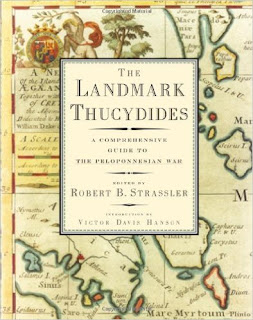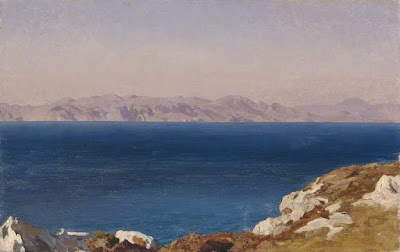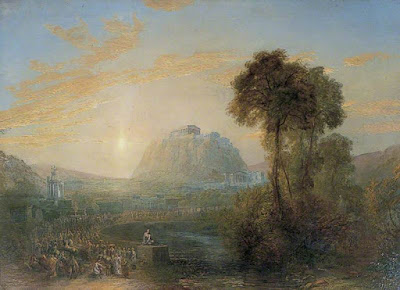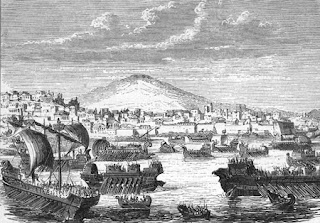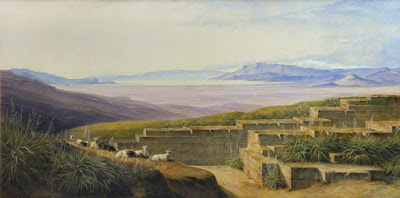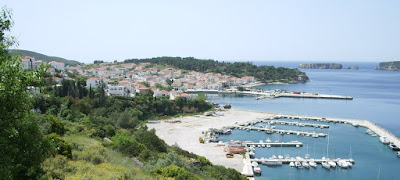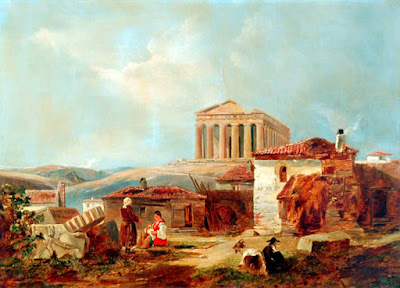“Thucydides, an Athenian, wrote the history of the war between the Peloponnesians and the Athenians, beginning at the moment that it broke out, and believing that it would be a great war, and more worthy of relation than any that had preceded it.”
Ah, the lovely Landmark editions! Where would I be without them? I would have no idea the location of Thrace or Thessaly or Corinth, etc. and therefore have less of a concept of the complicated dynamics that influenced various states in their struggles to fit into the puzzle of Hellenistic supremacy!
Thucydides account of the war between Sparta and Athens falls just after the events recounted in Herodotus’ The Histories. Athens, high on her victory over the very powerful Xerxes, king of Persia, during the Persian Wars, is feeling rather self-important and she appears to be rushing around with her forces, conquering states here and subduing enemies there. And while Athens becomes more powerful, the Lacedaemonians of Sparta are left to conduct their somewhat mundane and traditional existence. But Athens’ power begins to worry them and while they were allies during the Persian Wars, this brotherhood appears to be heading towards a separation that could prove bloody as well as costly.
Continue reading →




